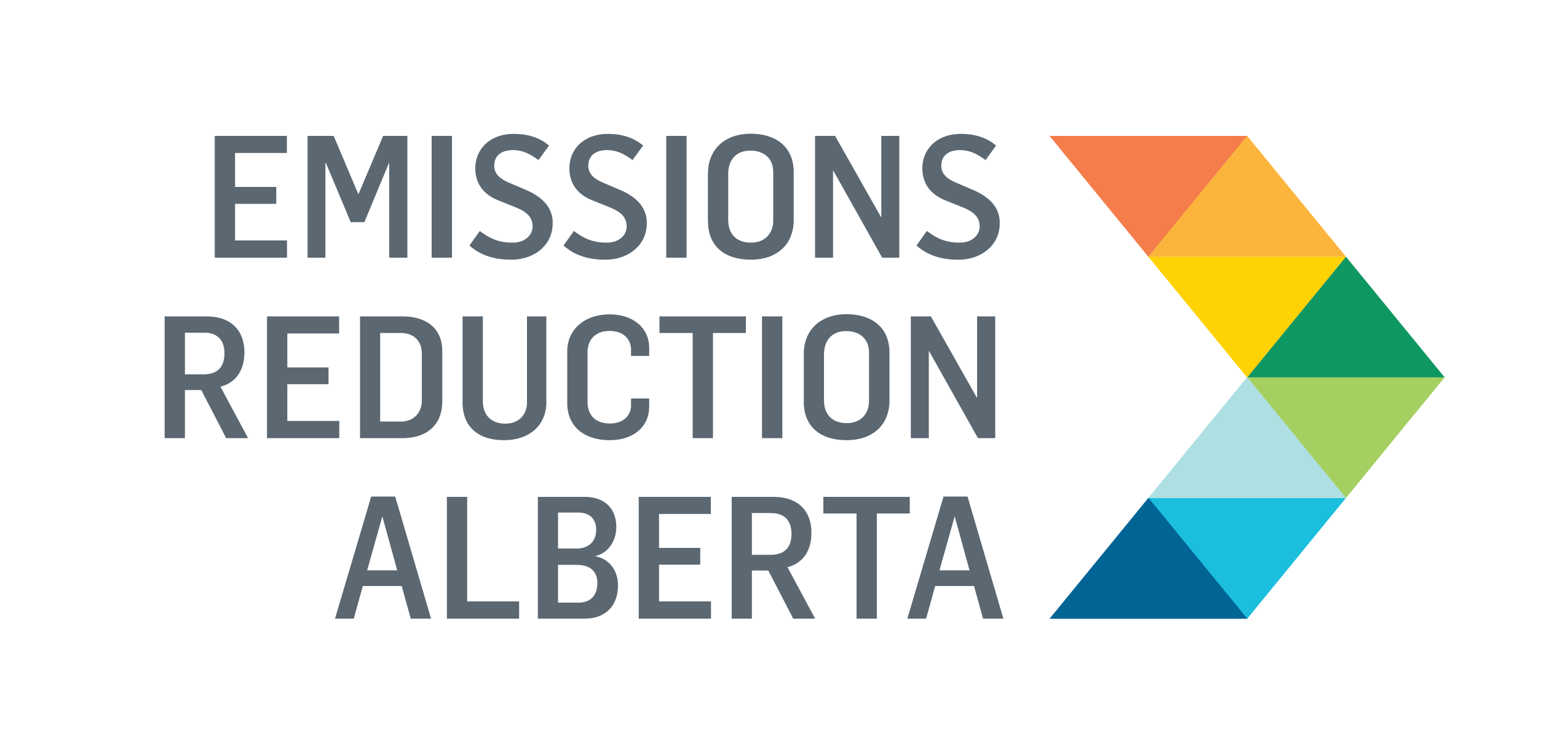Project Summary
Approved for funding through ERA’s Partnership Intake Program in 2021, Canary Biofuels implemented a retrofit of the former Kyoto Biofuels facility in Lethbridge, Alberta, with a technology suite to enable the plant to convert local agricultural waste and other lower-quality waste feedstocks into low-GHG biodiesel and crude glycerin. By completion in 2022, the project successfully modified the facility from its previous operating design of food-grade feedstock through a unique and innovative process, placing it as a first-of-its-kind in Canada and among the most technically advanced biodiesel facilities in North America.
Upgraded Biodiesel Plant to Use Waste Feedstocks to Produce Biodiesel
Biodiesel is made from a chemical reaction that converts vegetable oil or animal fat into biodiesel. Generation 1 biodiesel production uses low free fatty acid (FFA) food-grade oils as feedstock (canola oil, soybean oil). Food-grade oils are more expensive, and converting food-to-fuel results in higher carbon intensity (CI), which generates fewer carbon credits and thus has a lower selling price.
The objective of the project is to change the biodiesel production process from Generation 1 (food-to-fuel) to Generation 2 (waste-to-fuel). Generation 2 utilizes higher FFA waste feedstocks (non-edible vegetable oils, waste cooking vegetable oils, or animal fats), which are less expensive, have a lower CI by diverting waste from landfill, generating more carbon credits, and thus have a higher selling price.
First Waste-to-Fuel Biodiesel Production Facility in Alberta
Canary successfully completed upgrading the previous Generation 1 biodiesel facility into a Generation 2 biodiesel facility that is fully commissioned and commercial. The BQ-9000 certified production facility is the first Generation 2 biodiesel producer in Alberta, capable of producing 20 million gallons of distilled biodiesel and 9 million pounds of glycerin every year.
The United States EPA Tier I and Tier II testing to quantify emission characteristics and health effects found that 20% biodiesel blended with 80% conventional diesel fuel reduced total hydrocarbons by up to 30%, carbon monoxide by up to 20%, and total particulate matter by up to 15%.
During the project, numerous learnings were discovered, such as:
- Consultation with industry members is crucial to learn how to overcome challenges
- Testing at numerous process locations, including the feedstock level, is important to understand how variables impact the biodiesel quality specifications
- The average of all sourced feedstock distances impacts the carbon intensity score
- If recycling of co-products (water, methanol) at each process stage is not managed appropriately, it can impact output and product quality
- It is important to keep water out of the Acid Esterification process (a pre-treatment step in biodiesel production when working with high FFA feedstocks)
- Feedstock logistics are affected by many factors that can delay delivery times
What’s next?
The plant produces crude glycerin as a by-product, where there is an option to upgrade to technical glycerin, which has a higher selling price. Crude glycerin has several end-uses such as coal wetting and release agents, aircraft de-icing fluid, and dust control. Technical glycerin can be used as a chemical intermediary for oilfield chemicals and as a chemical intermediary in 1500 products, including shampoo, hand sanitizer, soap, lotions, and livestock feed. Canary Biofuels has completed preliminary engineering and design work to add refined glycerin to the facility, characterized as technical glycerin. They are also evaluating doubling the current plant capacity, pipeline to railyard, and storage capacity expansion.
Going forward, Canary Biofuels will support continuous improvement to the commercial operations of this plant and continue to build a strong infrastructure to support the growth of the biofuel industry in North America. To date, they have met the regulatory and compliance requirements outlined by California, Oregon, British Columbia, and the federal Clean Fuel Standard in Canada.
